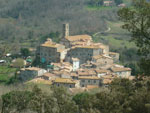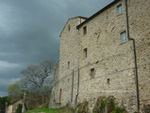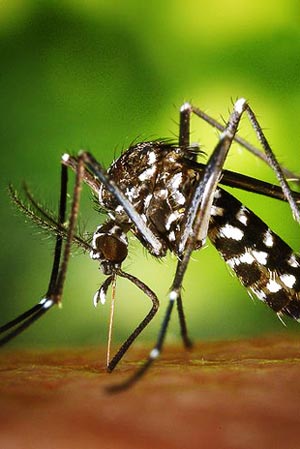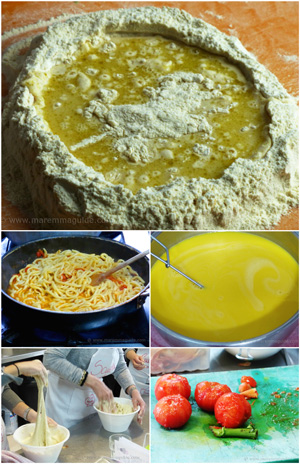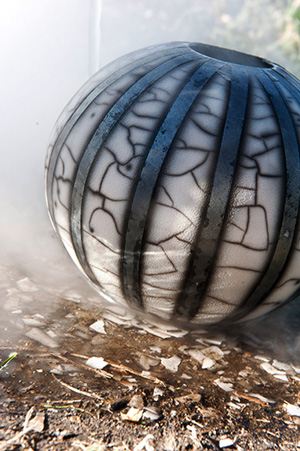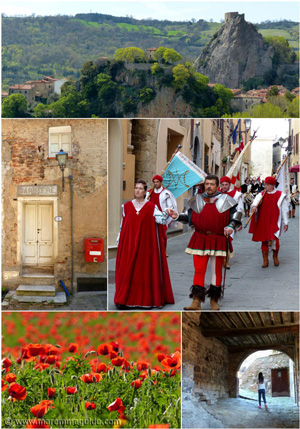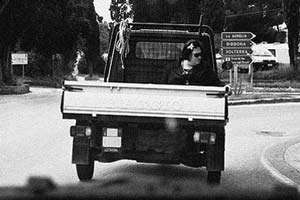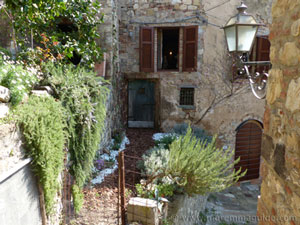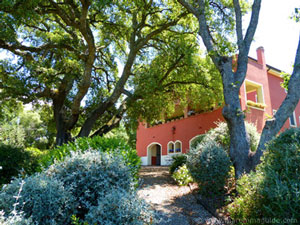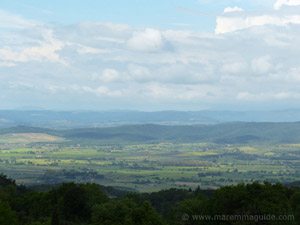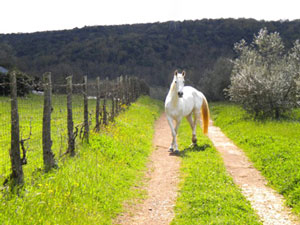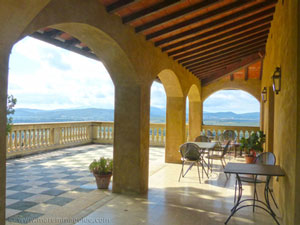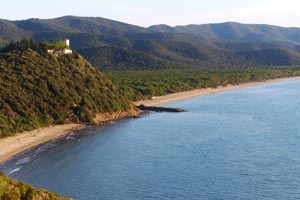Le Biancane, Sasso Pisano
A great place for a picnic in Maremma!
The geothermic phenomenon of the Le Biancane at Sasso Pisano in the "Valle del Diavolo" - valley of the devil! (don't I take you to great places!) is one of my favourite places to eat out in Maremma: as in eat outdoors! For atmosphere, stunning views, pure tranquility AND a colourful, not to mention hot and smelly geothermal landscape in Tuscany, here and its sister location a short drive away near Monterotondo in Marittima, cannot be beaten.

Both sites are part of the "Parco Geotermico delle Biancane" - The Biancane Geothermal Park - and are special places to visit in Maremma.
The video
"Biancane" comes from the Italian word "bianco" for the colour white, which, together with an intense red/orange, characterises much of the exposed landscape here. Hydrogen sulphide in the vapour emissions reacts at high temperature with the underlying limestone bedrock turing it into chalk. And the same acid gas also bleaches the other bed rock, red jasper, producing the colour striations we can see.

Directions, parking and access
You need to follow the signs for "Fumaroles" near Sasso Pisano. There are two: the one you want (because access to the second is strictly forbidden) is the one that is in the direction of the centre of town. Take the short gravel driveway to the small car park from which the trail starts.
I'd describe the trek as easy to moderate going, with only a couple of places where you will need to negotiate carefully your footing. The trail will take you directly over the hot rock landscape, close to the fumaroles and hot water outlets and streams. Parts of the route are stepped in places.
 "Le terri fumanti - il percorso di Sasso Pisano": the steaming soil Sasso Pisano nature trail
"Le terri fumanti - il percorso di Sasso Pisano": the steaming soil Sasso Pisano nature trail When you reach the top of the first small hill, don't stop there. Keep following the path, which will take you at first a short distance through a wood - with a picnic table and benches - opening again to another colourful hillside with a hot water stream.
Put your fingers in - well downstream - away from the bubbling outlet if you don't believe me!
Continue on up that hillside too for another colour explosion, a fabulous view of Sasso Pisano, and a tiny wooden seat with room enough for one or two to eat a picnic!
 It's not easy taking a pic of yourself as you eat a panino with one hand and hold and shoot the camera with the other!
It's not easy taking a pic of yourself as you eat a panino with one hand and hold and shoot the camera with the other! This spot really is a lovely one in which to just sit and stare.

You'll notice a difference in temperature when you are close to the vapour outlets and streams - it almost feels tropical - to when you are some distance away. It easily equates to one jumper less!
Parking and and access to the geothermic park are both free.
The whole trail route from the car park to Sasso Pisano is 3.5 kilometres long and will take to about 2 hours. But you needn't walk its whole length to see le Biancane up close: these pictures where taken along the initial part of the trail.
The Flora
The temperatures may feel tropical, especially if you are visiting under the hillside heat of a Tuscan summer sun, but the plant life is all but that.

Information from the Area Geotermica di Sasso Pisano information board:
The area of geothermal activity has unsuitable conditions for most trees. The ground temperature, which increases notably with depth, does not permit trees to develop their roots in the normal way. Further, the acidity of the substratum and a soil lacking in nutritive substances is prohibitive for most tree species.
The few species which have colonized these areas have developed particular strategies to survive, such as stopping their roots at a few centimetres below ground level in order to avoid the heat, or altering their biological cycle, for example some herbs grow in the coldest months of the year.
Where geothermal activity is intense there is no flora.
Where the vapourous emissions are less intense but the soil is still acidic, the only species which grow are heather (Calluna vulgaris) and the robust grass, Highland Bent (Agrostis castellana).
Where the soil temperature is almost normal and the acidity is lower, there are also other species of the grass family Aira elegans, Briza maxima, Deschampsia flexuosa, Holcus lanatus etc), lanutella (Andryala integrifolia), and several species of moss and lichen. Sporadically you can also find the curry plant (Helichrysam italicum) and salvia cistus (Cistus salvifolius).
Where the effects of the vapour diminish, but the soil is still hot, the vegetation is characterized by evergreen Mediterranean genera, such as cisti and heathers, which are typical of the lower levels.
Where the effects of these phenomena no longer appear, there are oak and chestnut woods.
The only tree growing near to the zone of emission is the cork oak, which you will see predominately on the southern slopes of the Biancane at Monterotondo Marittima.
A little of a lot of geology
The hot, steaming rocks of the geothermal system at Sasso Pisano and Monterotondo comprises of three elements:
- a magmatic intrusion at temperatures of greater than 600 centigrade at a depth of between 5 and 10 kilometres below your feet, which is the source of the heat.
- a geological "tank" with an impermeable rock base, lined with permeable rocks within which the geothermal fluids circulate freely, and a cover of impermeable ones - in this instance clay; and
- the fluids themselves - the mode of transportation of the heat to the surface - in this case meteoric water. Either in liquid form or as a vapor carrying carbon dioxide, hydrogen sulphide, and other gases.

What the signs you will see along the along the roadside and in town mean:
Bulicani
Small bubbling mud pools from which water and gas emerge.
Fumaroles
The vapours that you will see coming out of the rocks: their smoke-like effect is as a consequence of the gas emissions cooling and condensing upon contact with the atmosphere.
Lagoni
The natural hot water lakes - and there are lots of them in this area - supplied from beneath their floor by a high pressure natural geyser.
The Solfataras
The fumaroles around whose exits you will find deposits of sulphur crystals from the oxidation of sulphur in the emerging gases.
From the Area Geotermica di Sasso Pisano information board:
In the area between Sasso Pisano and Monterotondo Marittima, the geothermal gradient reaches an average temperature of 30 centigrade every 100m. The fluids in the tanks, in contact with hot rocks, reach the highest temperatures, above 300 centigrade, and become vapour.
The impermeable cover made essentially of clay does not cover completely all of the area of this geothermal field. Along the nature trail appear on the surface, in fact, permeable rocks of the tank limestone and jasper and thus the fluids, not being enclosed under an impermeable cover, reach spontaneously the surface, creating the clearly visible natural endogenous phenomenon.
In the past, an intense tectonic activity also created a series of faults (cracks in the rocks) in the direction South West - North East. This phenomenon facilitates the rise of the fluids.
The vapour which comes out from the cracks in the rocks has an average temperature of 100 centigrade and is 95% made up of water vapour and 5% of a mixture of different gases. ammonia, boric acid, carbon dioxide, hydrogen, hydrogen sulphide, methane, nitrogen and radon.
More hot landscapes... and places to visit nearby
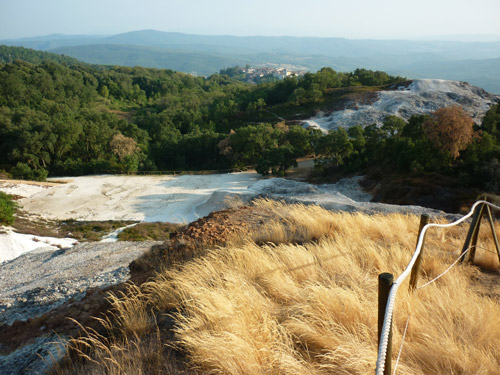
The "Biancane" at Monterotondo Marittima are only a short drive away if you want to explore those too: the landscape there looks like it has snowed even in summer! and the view from the top of the trail is wonderful
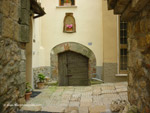 Serrazzano
Serrazzano
Explore some more...
